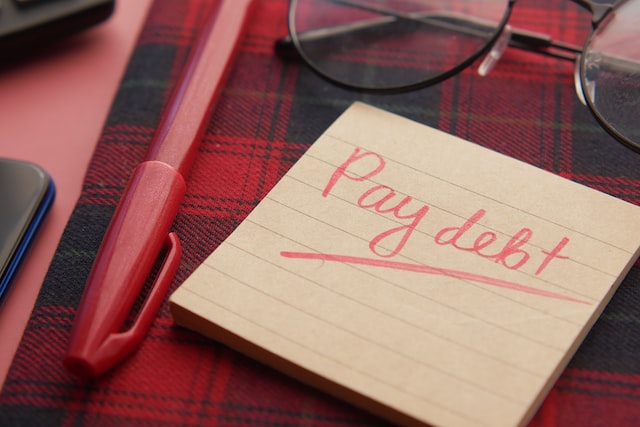What is a Lien?
A lien on a house is a legal claim against a property that serves as collateral for a debt or obligation. It is typically used by creditors to ensure that they will be paid back the money owed to them. In this article, we will explore what a lien on a house is, how it works, and what its implications are.
A lien on a house is created when a creditor, such as a mortgage lender, a contractor, or a government agency, files a legal document called a lien against the property. This document is typically recorded with the county or state where the property is located and becomes a public record.
The purpose of a lien is to ensure that the creditor will be paid back the money owed to them. For example, when you take out a mortgage to buy a house, the lender places a lien on the property to secure the loan. If you fail to make your mortgage payments, the lender can foreclose on the property and sell it to recoup their losses.
There are many types of liens that can be placed on a property. Here are some of the most common:
- Mortgage liens - This is the most common type of lien and is used when a homeowner takes out a mortgage to buy a property. The mortgage lender places a lien on the property until the loan is paid off.
- Mechanic's liens - This is a type of lien that is placed on a property by a contractor, subcontractor, or supplier who has not been paid for work done on the property. This type of lien is often used in the construction industry.
- Tax liens - This type of lien is placed on a property by a government agency, such as the IRS, if the property owner owes back taxes. The government can foreclose on the property if the taxes are not paid.
- Judgment liens - This type of lien is placed on a property by a creditor who has won a lawsuit against the property owner. The creditor can foreclose on the property to collect the judgment.
- HOA liens - This type of lien is placed on a property by a homeowners association if the owner fails to pay their association fees.
It's important to note that liens are typically prioritized based on when they were filed. This means that the first lien to be filed will be the first to be paid off in the event of a foreclosure. For example, if you have a first mortgage and a second mortgage on your property, the first mortgage will be paid off first in the event of a foreclosure.
The implications of having a lien on your house can be significant. If you fail to pay the debt owed to the creditor who placed the lien, they can foreclose on the property and sell it to recoup their losses. This means that you could lose your home if you are unable to pay your debts.
If you have a lien on your property that you are struggling to pay off, it is important to understand your options. Depending on the type of lien, you may be able to negotiate a payment plan with the creditor, or you may be able to challenge the lien in court. In some cases, bankruptcy may be an option to discharge certain types of liens.

It is also worth noting that if you are considering purchasing a property, it is important to conduct a title search to determine if there are any liens on the property. A title search will uncover any outstanding liens.